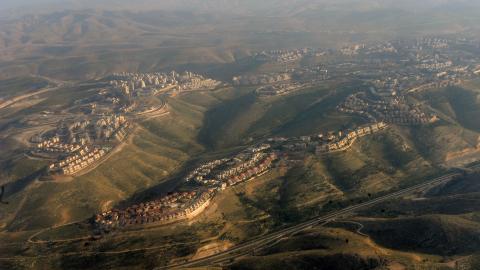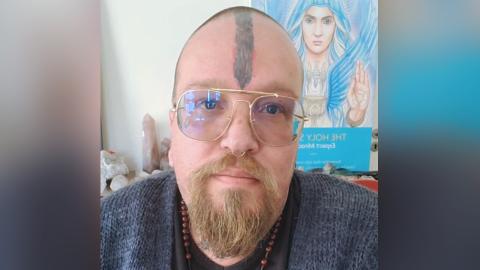
UN Blacklisting Israeli Companies Operating in Biblical Heartland
The United Nations Human Rights Council will release a blacklist of Israeli and international companies operating in what the council considers occupied territory.
Ynet reports the council has threatened to blacklist major companies like Coca Cola, Teva, Africa Israel, Bank Hapoalim, Bank Leumi, Bezeq and Bezeq International (Israel's main phone company), Egged (Israel's main bus company), Mekorot (the water company) and Elbit Systems. These companies operate in the West Bank, eastern Jerusalem, and the Golan Heights – territory the council believes should not belong to the Jewish State.
Many of those companies deliver essential services to the more than 450,000 Jewish Israelis that live in Jewish communities in the West Bank or biblical Judea and Samaria, and 315,000 more that live in neighborhoods in what's considered eastern Jerusalem.
Israel and America have fought against the release of the list, but Ynet reports it will be published at the 40th UN Human Rights Council session in Geneva in March.
Hot Telecommunication Systems Ltd., one of the businesses threatened by the human rights council, appealed to Prime Minister Benjamin Netanyahu for help.
"We believe the inclusion of Israeli companies in the UN Human Rights Council's blacklist might expose those companies to legal procedures, prompting international corporations to pull out of their investments in Israel. Therefore, we request that the Israeli government and the Foreign Ministry intervene to prevent the publication of this list. Handling this matter is a national interest of the utmost importance," Hot CEO Tal Granot-Goldstein wrote in a letter,
"To the best of our knowledge, additional Israeli companies have received similar warning letters. It is clear to us that by publishing its blacklist, the UN Human Rights Council aims to apply economic pressure on Israeli companies, while attempting to hurt their image and profits by shaming and threatening to expose them to legal procedures," she wrote.
The UN began publishing the blacklist in 2016 when the body passed a resolution condemning companies that operate directly or indirectly in Israeli settlements. The list has been updated each year since then.
When the resolution passed 32-15, Prime Minister Benjamin Netanyahu called the UN Human Rights Council an "anti-Israel circus."
"Israel calls on responsible governments not to honor the decisions of the Council that discriminate against Israel," he added.
The United States pulled out of the UN Human Rights Council last year, citing anti-Israel bias.




